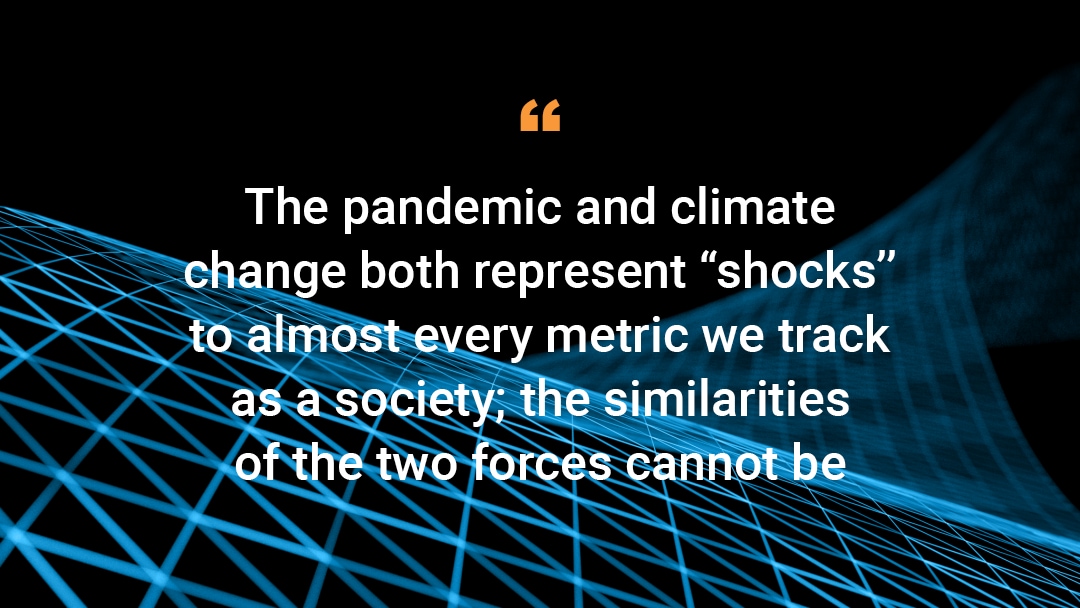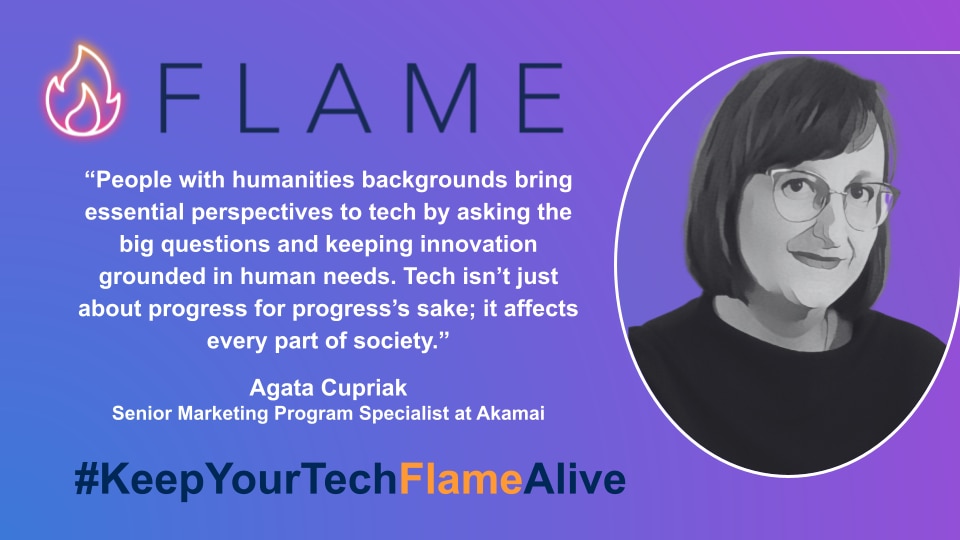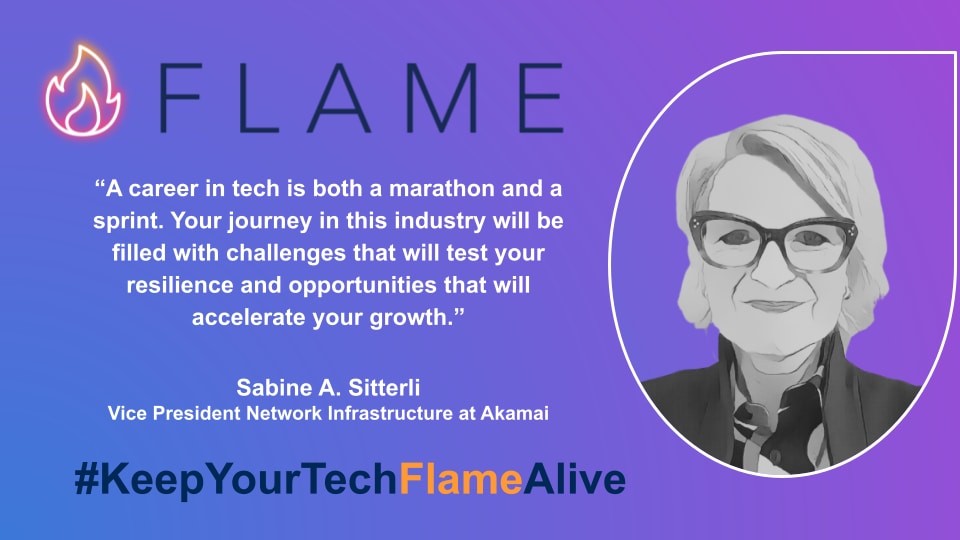The Importance of Education in Furthering the Sustainability Agenda

Leading businesses recognize the planet's rising temperature is correlated to atmospheric CO2 levels -- according to the U.S. government, levels surpassed 400 ppm in 2013 for the first time in recorded history and increased to 410 ppm in 2019 -- and are acting on the knowledge that sustainability is a necessity to survive and build value for current and future stakeholders. The channels that demonstrate commitments to act are growing, from the recent Climate Pledge led by Amazon to the more established science-based targets, highlighting hundreds of companies where sustainable practices are deliberately incorporated throughout the corporate structure. Indeed, using the metrics from the Science Based Targets initiative (SBTi), we can see that 1,128 companies have committed to or set science-based targets to curb their emissions.
Most, if not all, of these leading businesses were born without sustainability as an area of focus. But one thing they have in common is the understanding that sustainability is a contemporary discipline, and education is paramount to be able to advance. Leading businesses recognize that the work of sustainability practitioners involves the education of internal and external stakeholders so that all can participate in progress, and understand the measures of success and consequences for failure.
What did 2020 teach us?
The year 2020 saw floods in Asia, locusts in Africa, storms and drought in Europe, and wildfires in the Americas. The full catalog of stronger-than-average weather events touched every continent and came in all forms, reportedly displacing over 13.5 million people. In addition, a global pandemic highlighted that when human activity recedes, skies become clearer and the animal kingdom takes a breath. The pandemic and climate change both represent "shocks'' to almost every metric we track as a society -- the similarities of the two forces cannot be overstated.
The past year has again shown that global catastrophes carry heavy economic, environmental, and human costs. Humanity's inaction to stop climate change is expensive: the U.S. annual average of weather-related events costing over $1 billion in 2015-2019 was 13.8 events, and 2020 recorded 16 events by October. Human costs are equally staggering -- over 14,000 deaths from 1980-2019 in the same weather-related events costing over $1 billion in the U.S. -- and the number of people impacted is an order of magnitude higher. Our experience with the ongoing COVID-19 pandemic is showing a plethora of impacts on people being isolated during the crisis (as one example), and no one wants an ongoing series of climatic crises to double down on the same adverse human costs.
All these events are triggering additional corporate action from those already engaged, like Akamai, and spurring more companies than ever before to join the sustainability movement. The key question being asked by all businesses: How do we build stakeholder value and avoid a repeat or escalation of 2020?
Education is the answer
All answers lead to education. Experienced sustainability practitioners look for the next level of impact that aligns to their company's stakeholders, and are becoming educated through active engagement with stakeholders to increase their understanding and be able to set new goals for greater impact. Companies new to sustainability seek fundamental education to understand their options and start their sustainability journey. Typically, this involves understanding the benchmarks for goals, and learning what is materially impactful for one company is likely different for the next.
The LESsor Sustainable Energy Network, or LESSEN, is an education platform supported by Akamai that is training a cohort of landlords for physical real estate and colocation data centers to understand their sustainable energy options. The LESSEN program covers benchmarks for goals and helps attendees understand why leading companies chose their goals, energy efficiency measures, on-site generation project considerations, off-site generation project considerations, and the value from different consultants. The program aims to build a network among attendees and the experienced-buyer faculty such that a group of well-connected industry champions emerge from the 10-month program and can transact to meet their sustainable energy goals more expediently than would have otherwise been possible.
Join LESSEN
If you are interested in joining a LESSEN cohort, contact supplychain@rebuyers.org. We encourage everyone to consider 2021 as the year of education, where you challenge your own assumptions and respectfully challenge others to help accelerate the arrival of a zero-carbon energy future.





